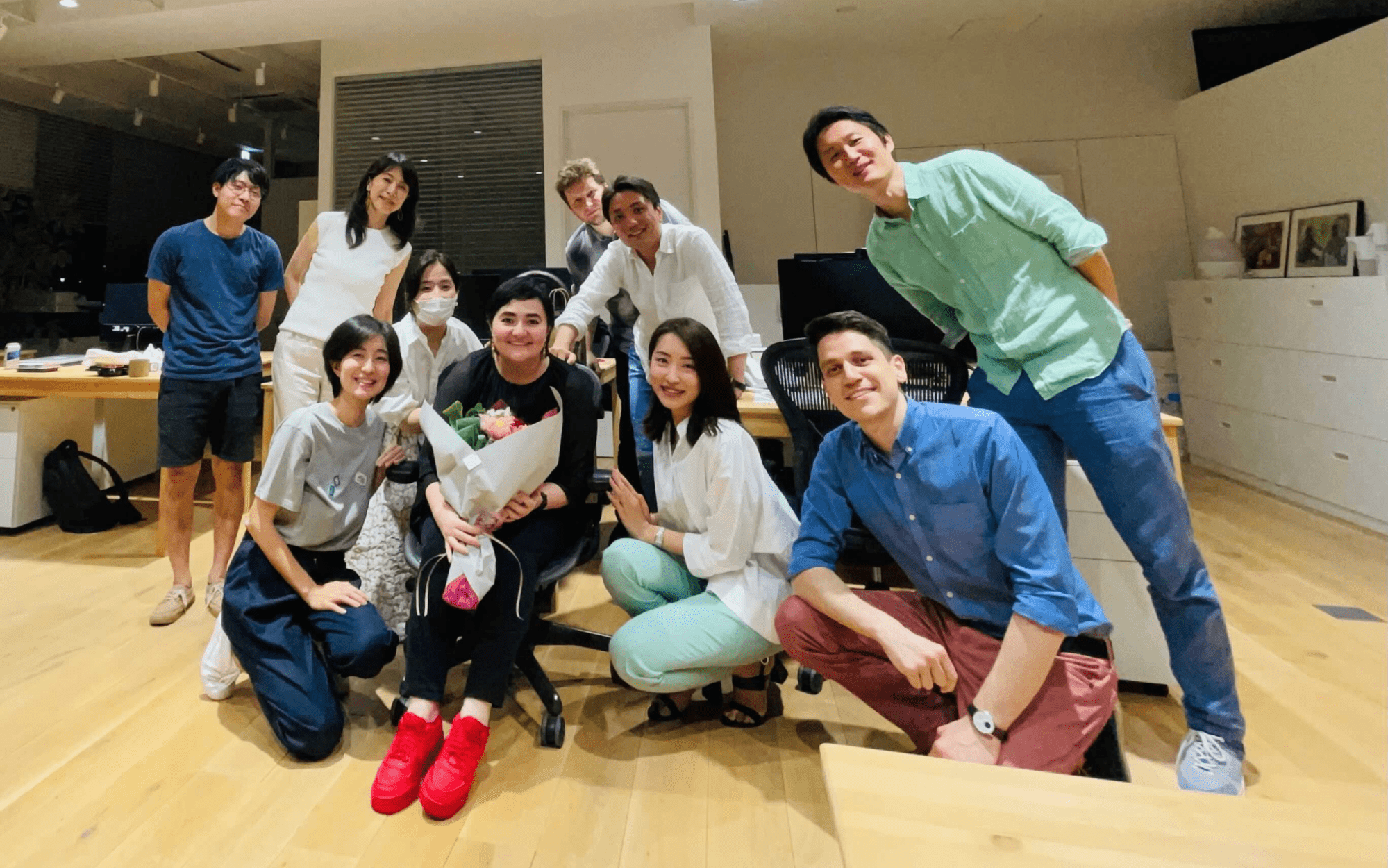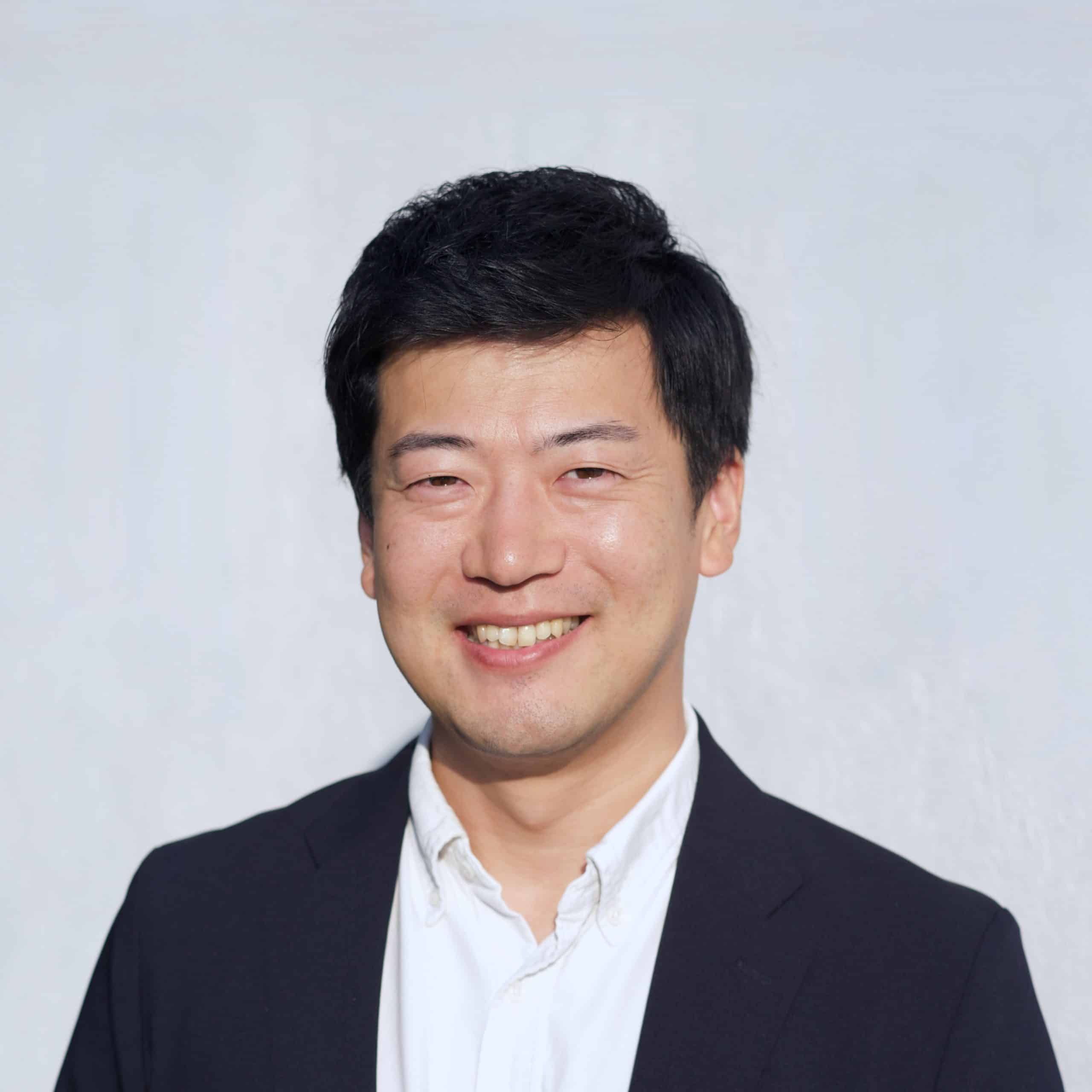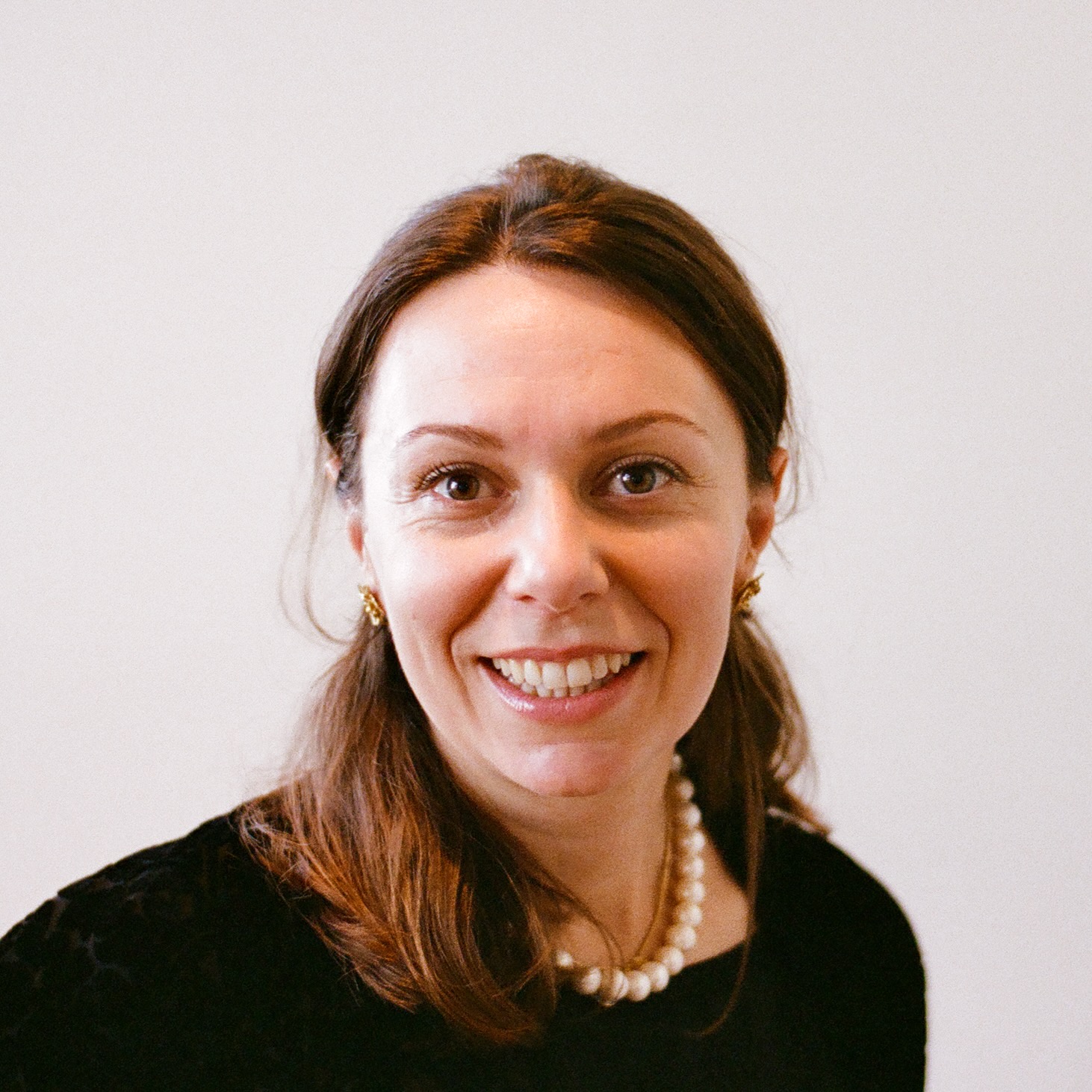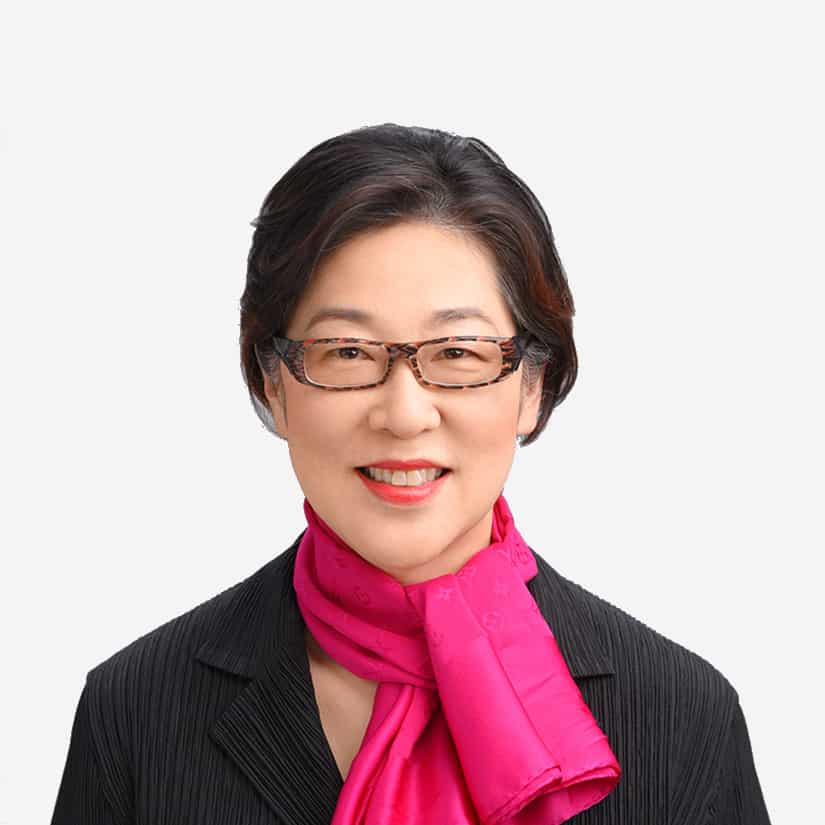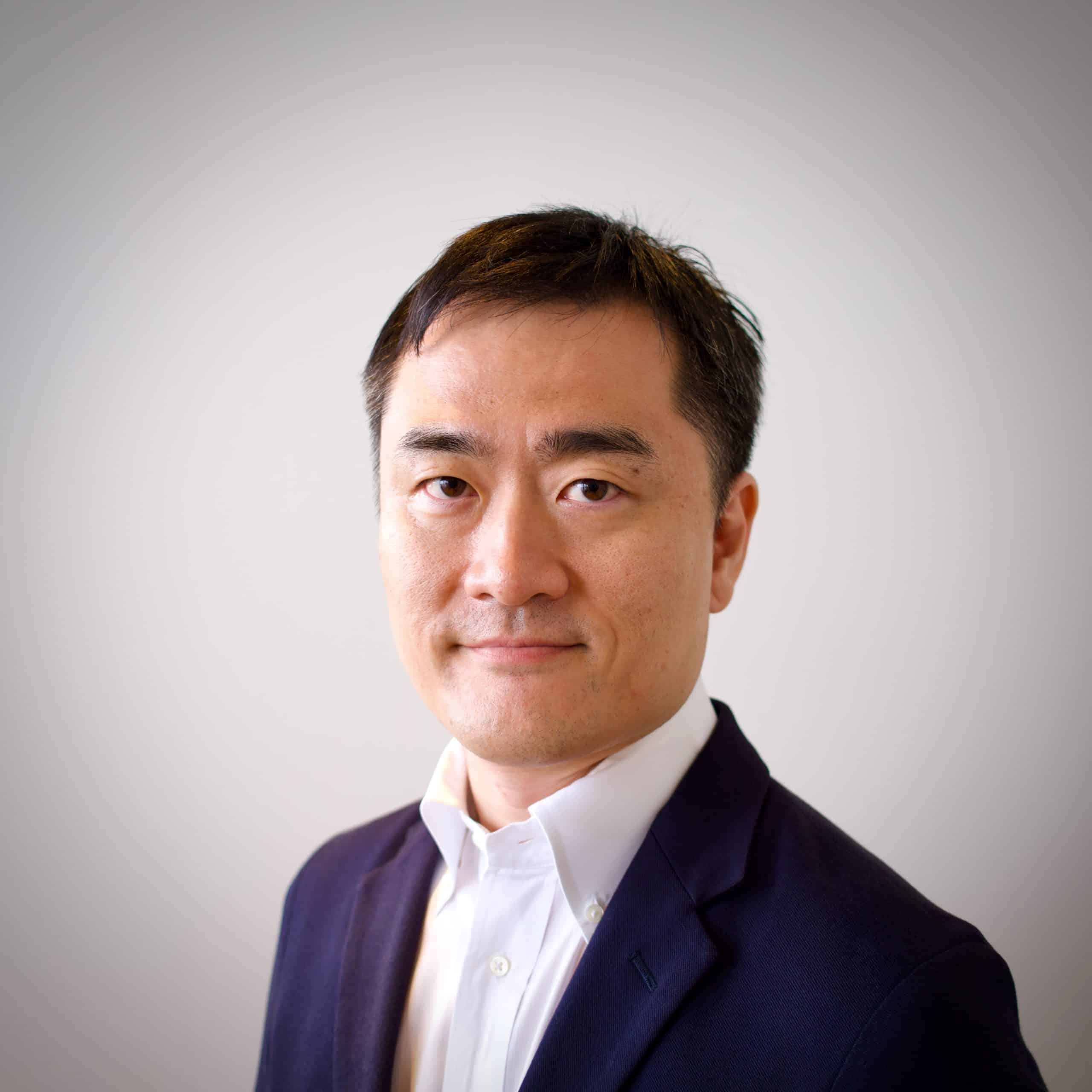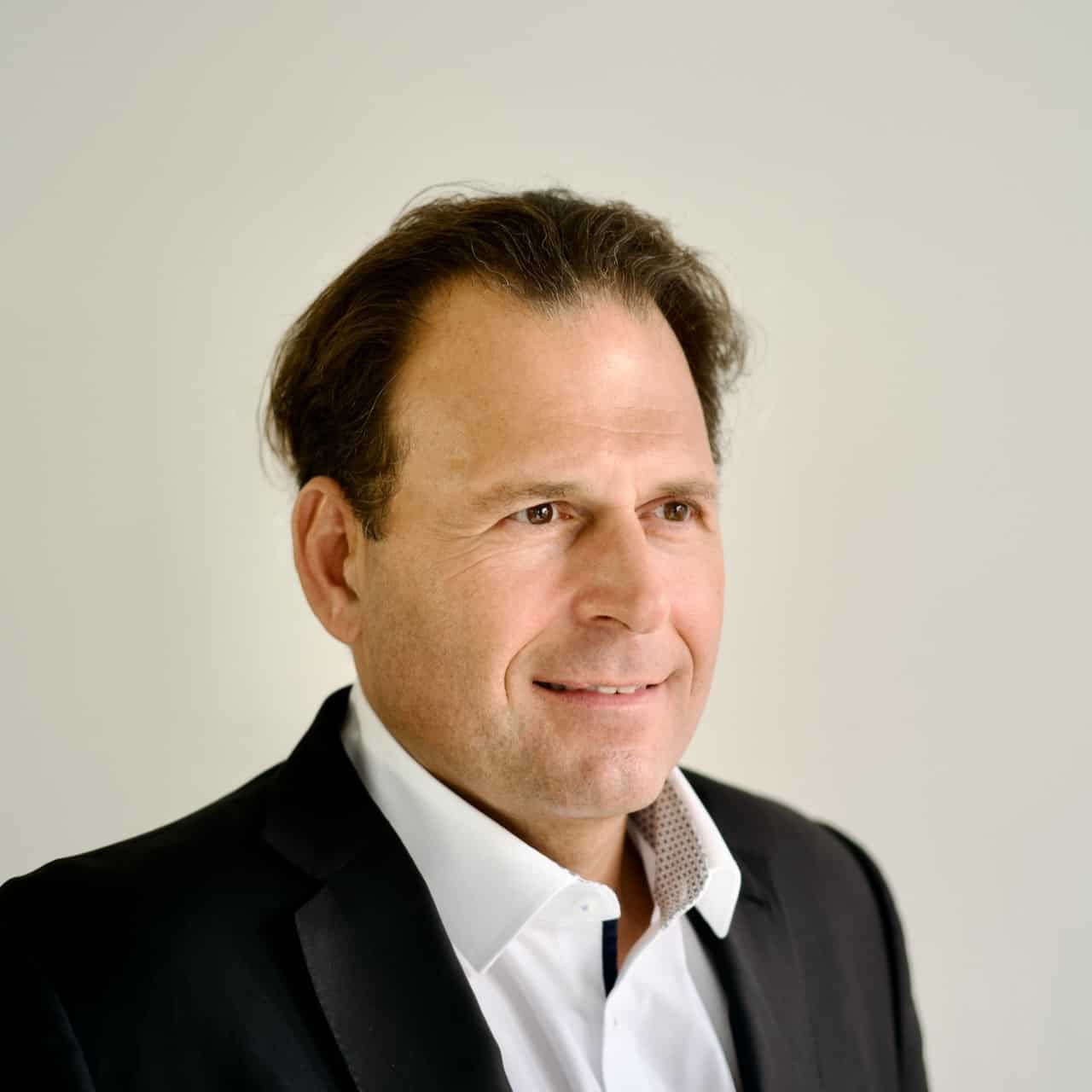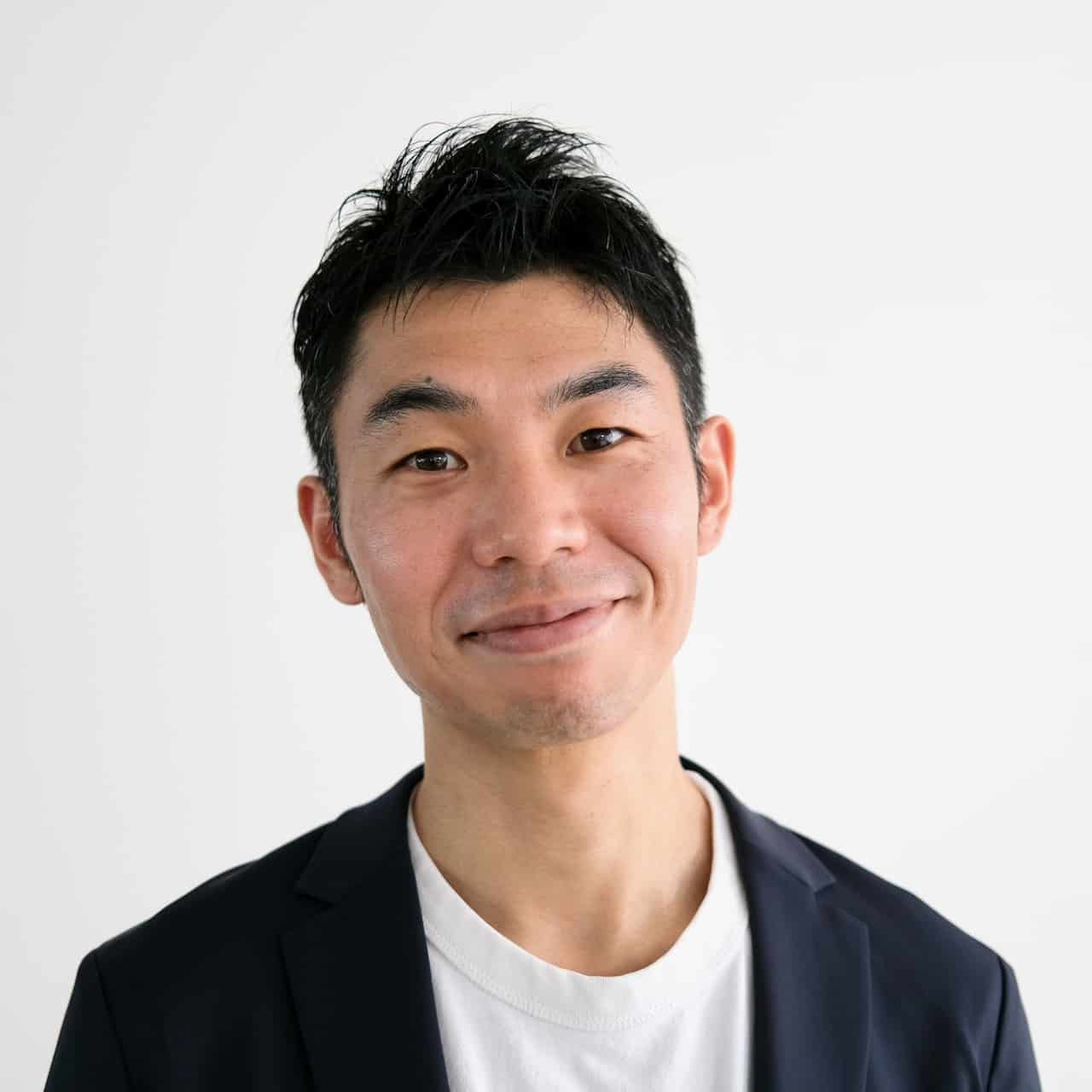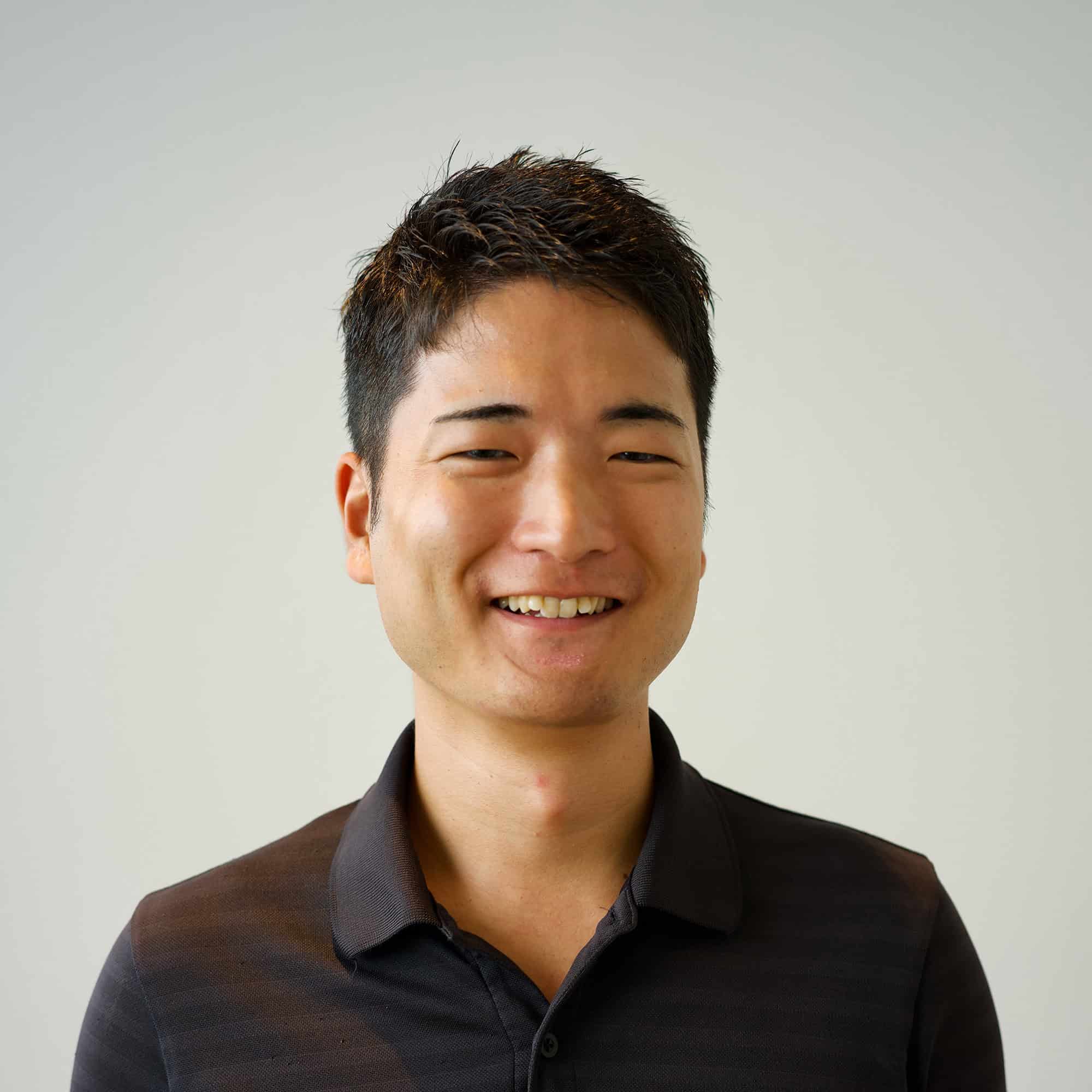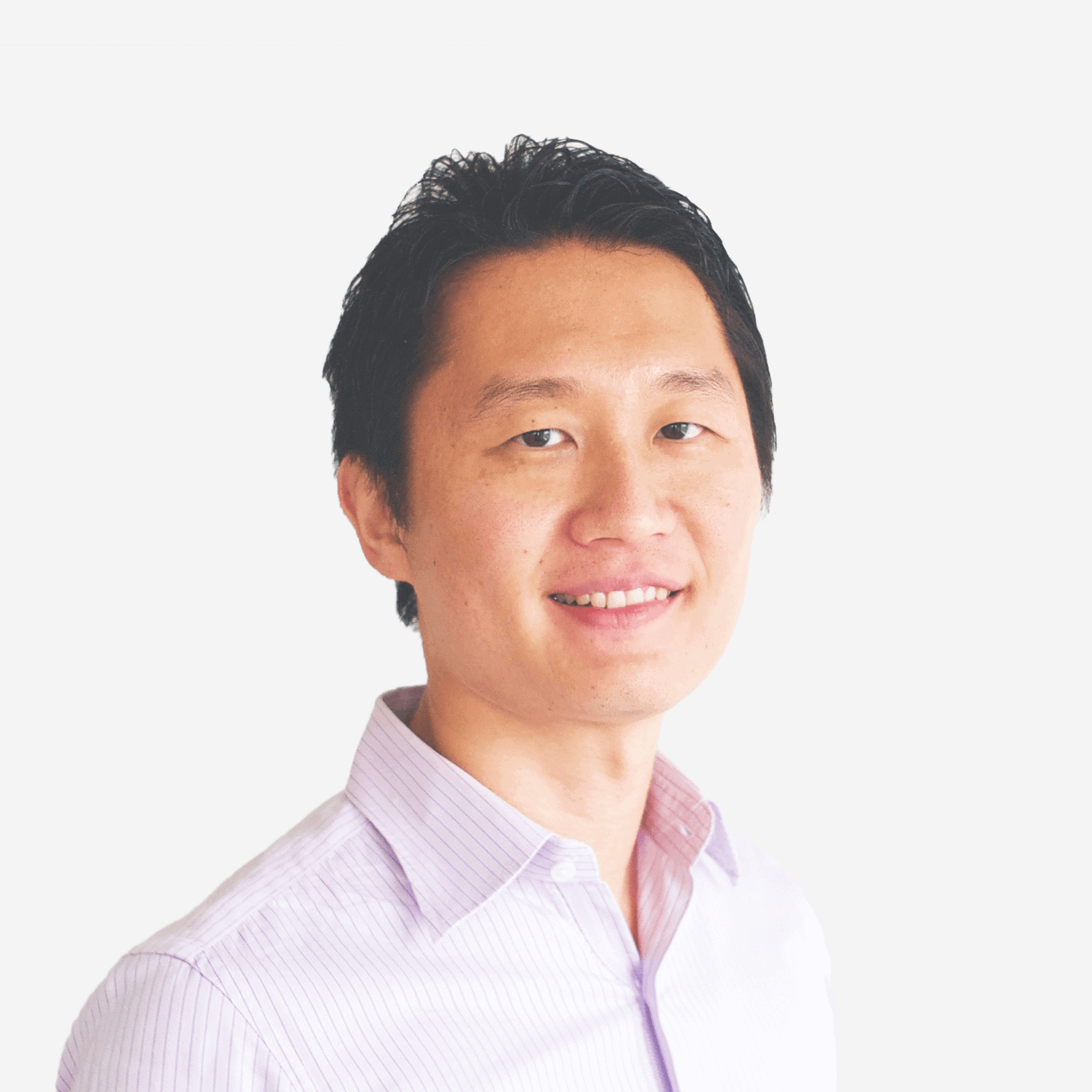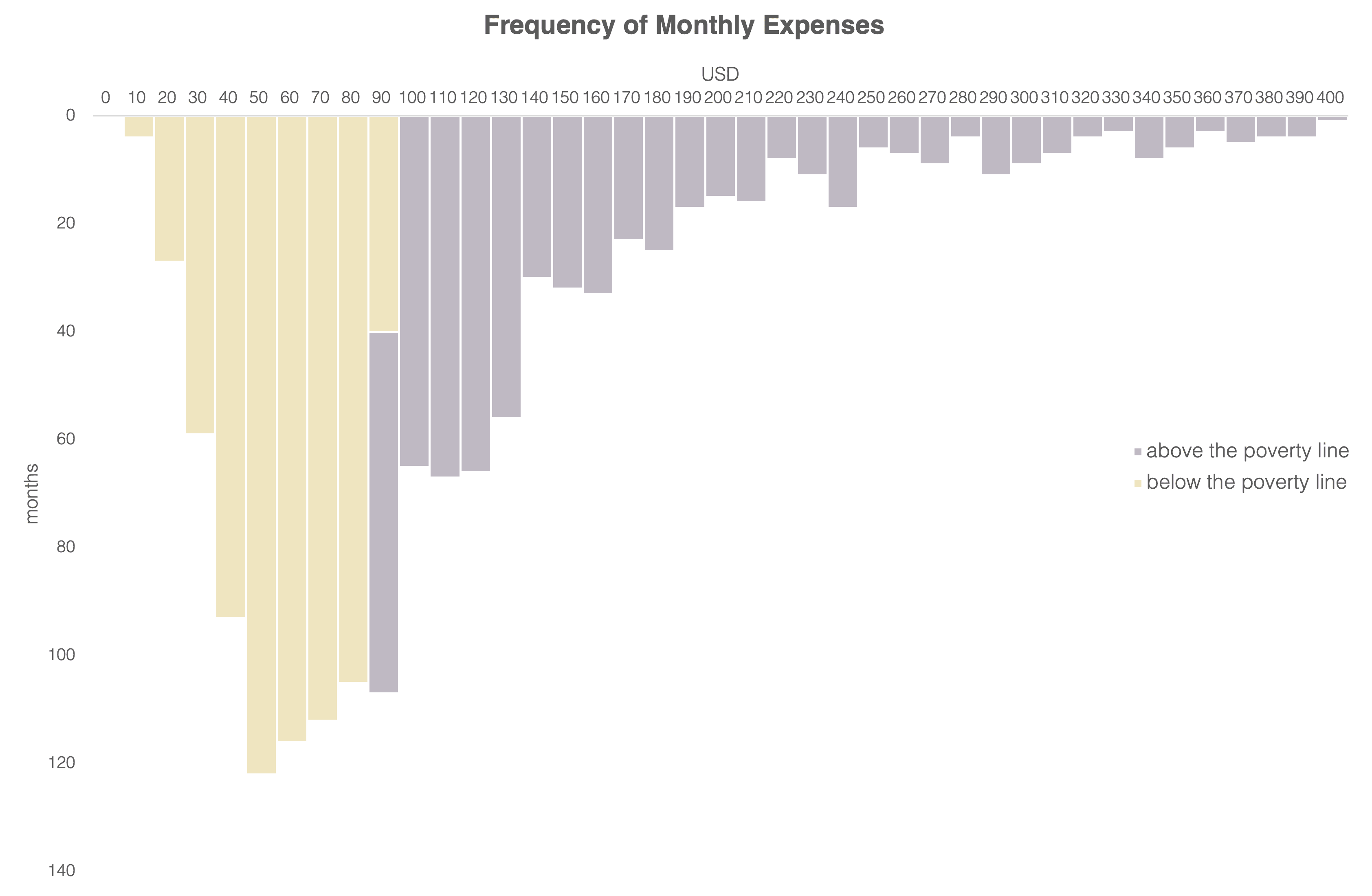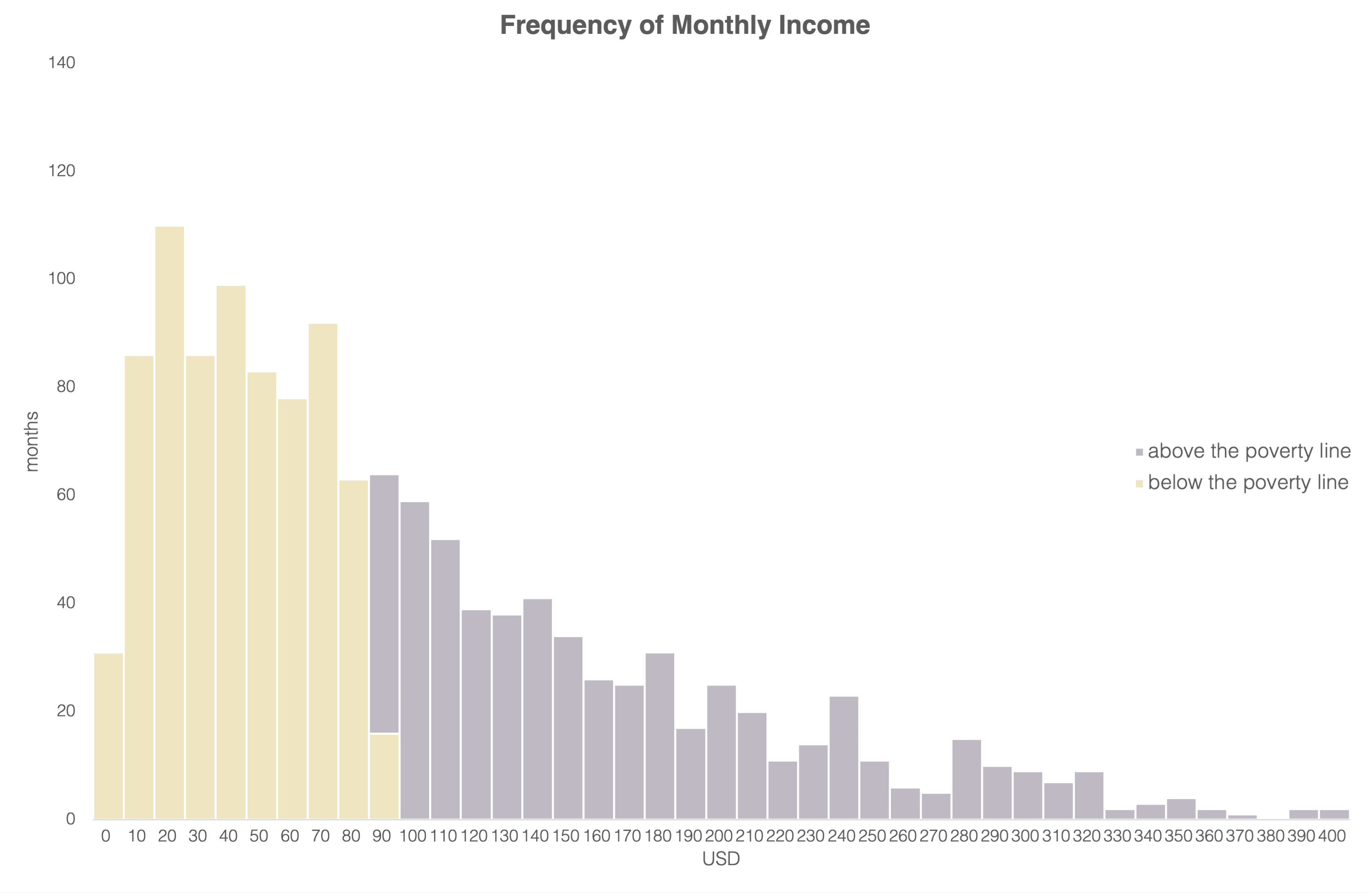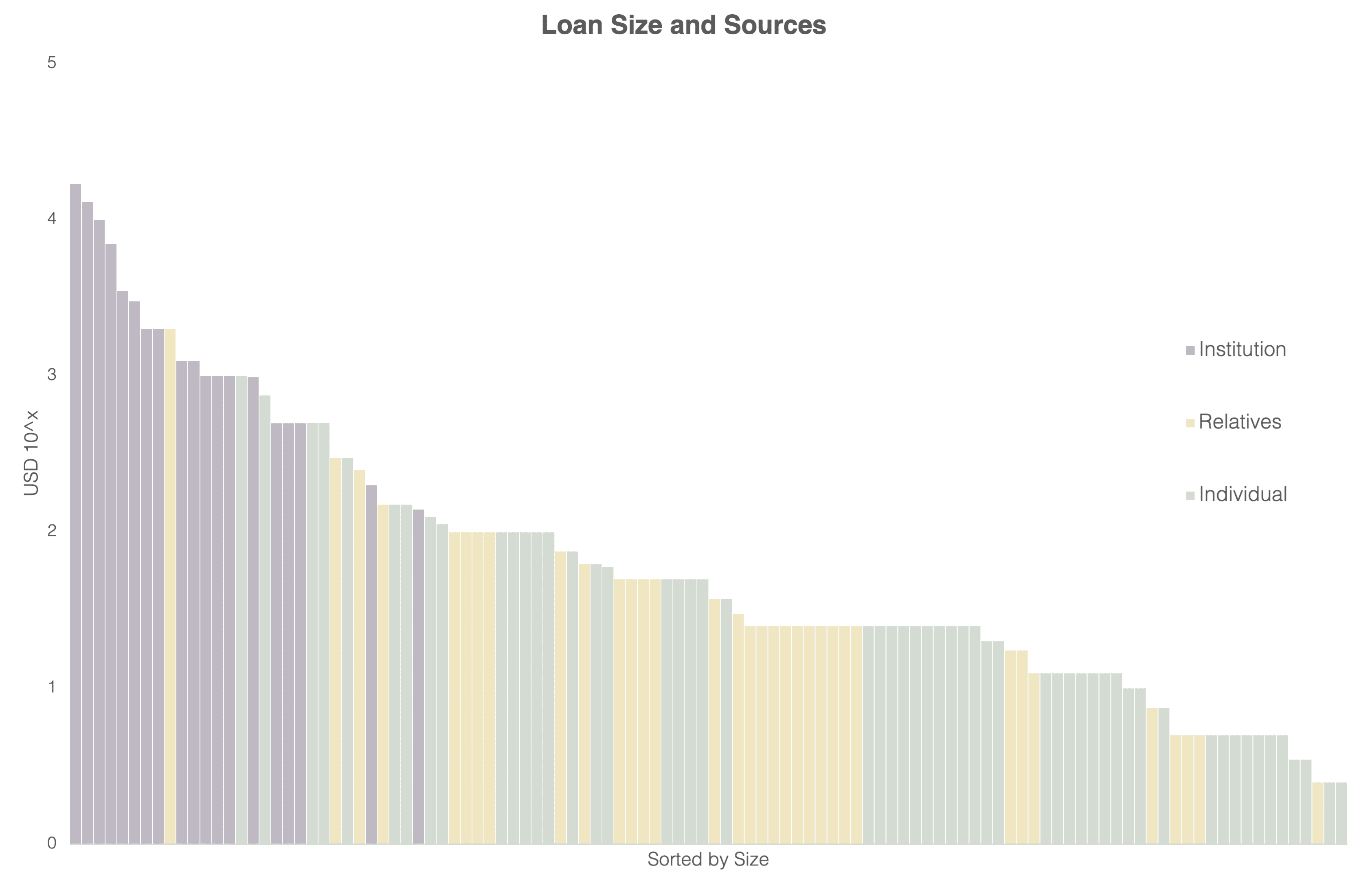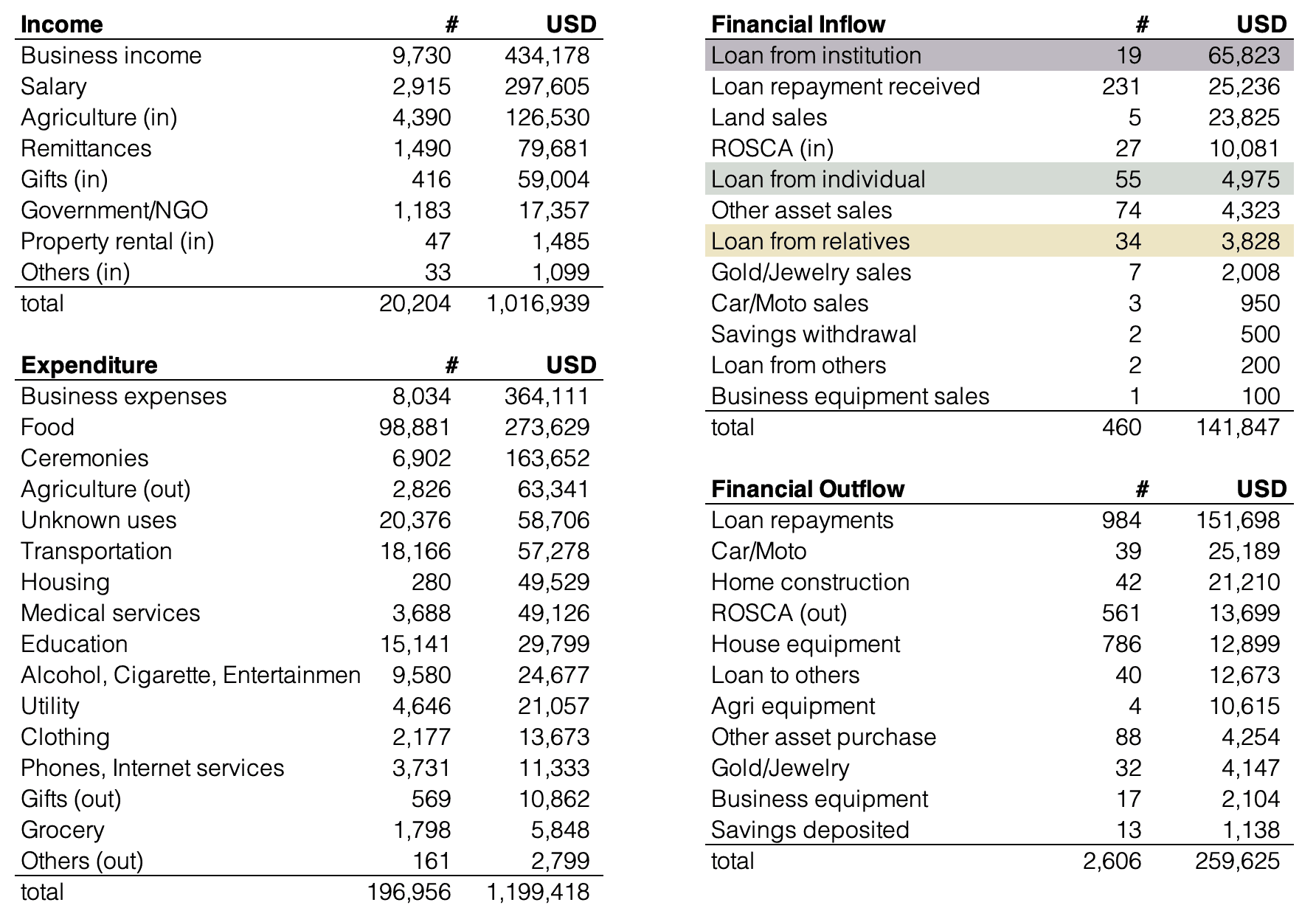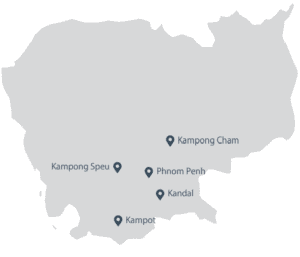Gojo recently developed its leave policy by which everyone is entitled to 14 weeks maternity and paternity, 100% paid by the company up to a certain amount. According to our study, it is the most generous of this kind. I became the second person inside the organization to use it, and I was away from the office from late September until late October (I wish I could make it longer!). I am not alone — during the pandemic period, Gojo members are seeing a baby boom, and some more will take it soon.
Let me write about why we developed this policy and the things I hadn't realized before taking the leave.
A good parental leave policy is essential for pursuing gender parity in society. The gender pay gap is insignificant when both men and women don't have kids. The gap conspicuously widens after they become parents. In many countries, only women take maternity leave and look after the newborn babies, and their role tends to remain fixed even after the end of the maternity leave. Thus the gender gap widens. To prevent this from happening, both men and women should take ma/paternity leave.
Not only that. A strong leave policy makes the organization more sustainable. Che Guevara used to say something like, "no one is irreplaceable." Organizations should be able to run just as well even when key people are absent, including the founder CEO.
However, after taking my paternity leave, I learned a few more things.
First, I learned that it is an extreme joy to spend time with a newborn baby. Her face changes literally every day (I took a photo every single day, so I am sure). I learn something new about her every day, and vice versa. I felt that every input I gave to her impacted her development. It is a fantastic experience that all parents ought to enjoy.
Second, it makes a happy family. Especially under covid, even husbands are not allowed to spend the first several days with the neonatal baby. These days generate a significant “parental IQ” gap between women and men. If men don't take paternity leave, it is almost impossible to catch up. The result would be that wives always look after all kids-related matters, and husbands cannot be involved (some are deliberately not involved). The grudge gets larger every month. In the worst-case scenario, husbands become isolated from their family members. Some Japanese men told me things like, "after I became a father, my wife started focusing on kids only, and I felt like I became an ATM." In Japan, many old-age divorces are due to kids-related matters. It is a sad thing — they loved each other to the point of getting married, and the result of the marriage becomes the cause of divorce.
If you take paternity leave and actively join kids-raising, you will not experience this problem. At the very least, my relationship with my wife got even better after having a baby.
Third, after skipping the company's Executive Committee for 5 consecutive times, I confirmed that even without me, the organization would get going. I read the meeting minutes and watched the meeting videos, realizing that all the key problems are raised and analyzed well, and all the required solutions are executed.
The experience made me think about what is my raison d'etre. As the founder CEO, I am here to bring about non-linear change to the organization, delivering something the other colleagues cannot do. Following my period of leave, my work time allocation changed considerably, and I see some positive results already.
We are always looking for talent. If you are interested, please visit our website! https://gojo.co/join-us
Taejun is the co-founder and CEO of Gojo. He is passionate about equality of opportunity. Prior to founding Gojo, Taejun worked in investment banking and founded Living in Peace, an NGO.


